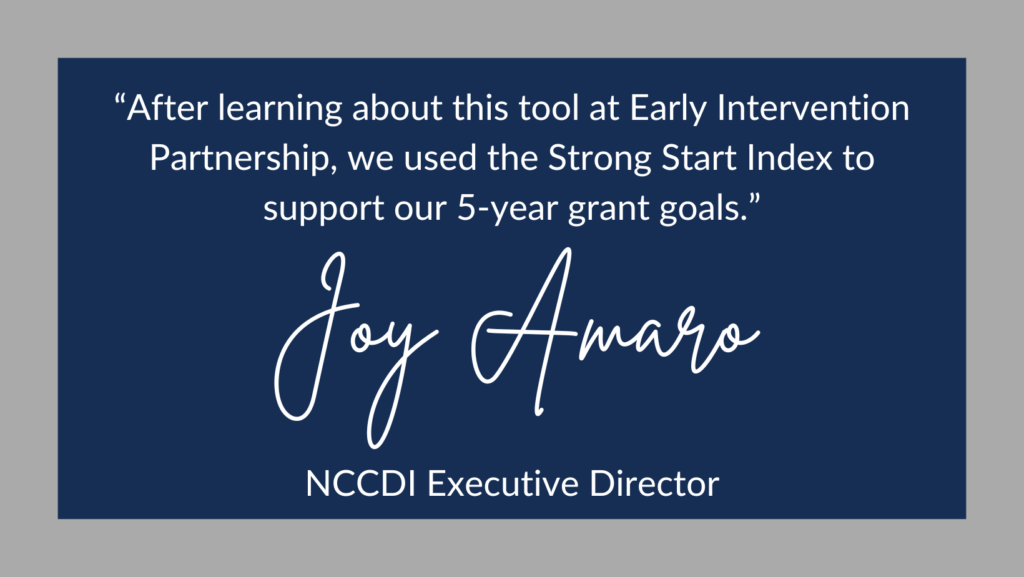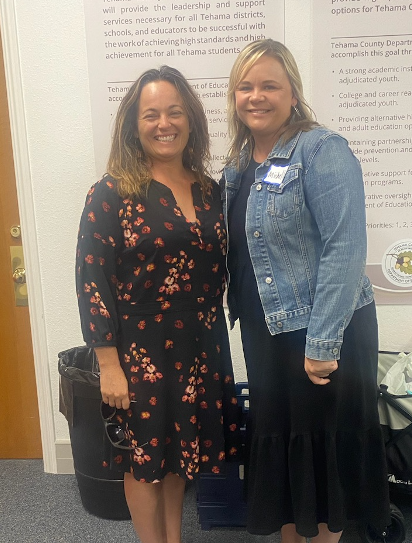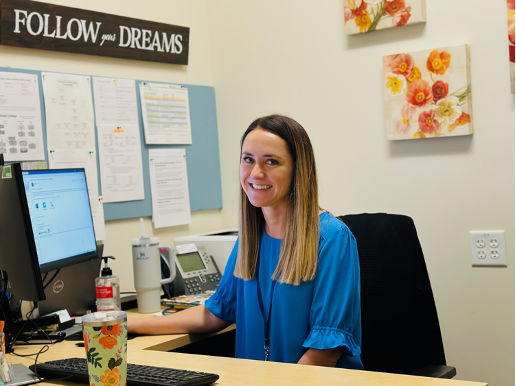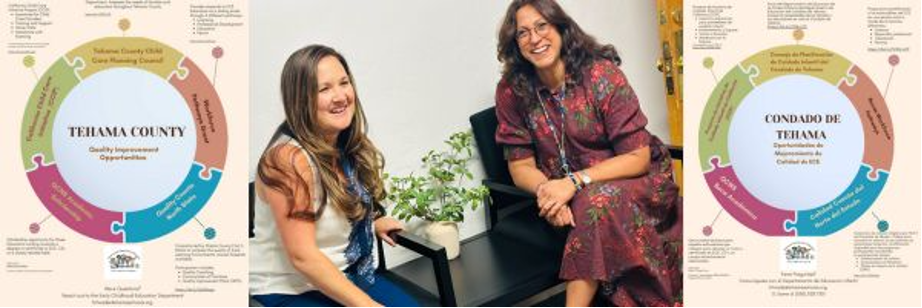In every professional sphere, a plethora of buzzwords permeate discussions and discourse. Phrases like “data-driven decisions” and “local control” have become universal, shaping our thoughts and guiding our endeavors – whether we willingly embrace them or not. For many of us, the actual work lies in fostering a genuine curiosity about these prevailing topics and understanding their profound implications on the well-being of the families, children, and communities we diligently serve.
Interestingly, one term that has garnered significant attention lately is “RURAL.” This word evokes many questions for us, such as: What does it signify for those of us residing in rural areas to actively engage with this newfound focus? How can this heightened scrutiny of our rural way of life enrich our efforts to cultivate thriving communities characterized by resilient adults and children?

A prevalent, albeit limited, strategy often employed involves utilizing data-driven decision-making to identify the deficiencies within rural communities. However, the current surge of interest and enthusiasm surrounding rural areas offers an opportunity for a more profound approach – one that centers on recognizing the inherent strengths and assets within these communities. To facilitate this shift in perspective, the First 5 Association of California and the Children’s Data Network have introduced a pioneering data tool: The Strong Start Index. This mechanism adopts a proactive, upstream approach that emphasizes identifying and nurturing assets existing from birth onwards.
Recognizing that a staggering ninety percent of a child’s brain development occurs before age five is essential. Consequently, the earlier we can cultivate resilience, the more profound and lasting the impact on their overall well-being. Certain infants are born with a greater abundance of assets that foster resilience, making it possible to employ this data to create a comprehensive overview of the circumstances into which children are born. This method allows us to assess disparities both among and within communities, enabling the targeted allocation of support and services to ensure equitable access from the earliest stages of a child’s life.

Rural data transcends mere numerical figures; it’s about these statistics’ profound impact on our experiences and the broader communities we belong to. What truly defines us as rural beyond the criteria established for funding purposes? This question invites thoughtful reflection. A pertinent perspective emerged during a conversation last year involving Dr. Anne Shulte, Wendy Dickens, and Heidi Mendenhall as part of a podcast episode released in 2022 (listen HERE). Dr. Shulte offered a concise yet insightful definition: “If you consider yourself rural, then you are rural.”
During their discussion, the three participants dove into the nuances of rural spaces, urban environments, and the intriguing space between them. Dr. Shulte passionately emphasized the necessity of equipping teachers with the skills and resources to thrive in rural settings. This imperative resonates throughout the entire community, as an augmented and dedicated workforce in rural education ultimately benefits everyone involved. Consequently, we present both new and returning resources designed to empower our current and prospective educators.
Higher Education
Let’s begin by introducing the GREAT Teachers Pipeline, an initiative embodying the principles of Growing Responsive, Equitable, Adaptable, and Transformative Teachers. This federal grant program is dedicated to supporting underserved local students with aspirations of becoming educators or advancing their teaching qualifications, mainly focusing on the Northern California region. Eligible future and current educators affiliated with Chico State can access funding opportunities that span all stages of their educational journey and encompass various subject areas.
- Undergraduate Students will receive up to $6,266/Semester
- Teaching Credential Students will receive up to $12,999/Semester
- Master’s Students will receive up to $7,250/Semester
- The amount is calculated based on the current cost of attendance

Mark your calendars for the upcoming application cycle for Spring 2024 funding, set to open on October 1, 2023. While anticipating this opportunity, we encourage you to peruse our comprehensive application information page (HERE) for additional details and guidance. Stay tuned for further updates and information as we strive to empower the next generation of educators in our rural communities.
“The Great Teacher Pipeline has allowed me to finally pursue a long-time goal of getting my Masters in Education,” shared Michelle Kinner, Alternative Dispute Resolution (ADR) Administrator for Tehama County SELPA and First 5 Tehama Comissioner. “The grant is not just financial support, which is substantial and very helpful, but it also provides professional development and a group of people to support you in the program. I highly recommend it to anyone who wants to do more education in a grad or credential program or those who may be starting out and want to get their undergraduate degree in education.”

Another valuable collection of resources can be found within the Shasta College BOLD program, which reflects the cohesion and success prevalent in our close-knit rural communities. The BOLD Cohorts, akin to the collective strength of rural communities, offer students the opportunity to embark on and complete an academic program together, fostering a sense of camaraderie and peer support. Extensive research has underscored the significant positive impact of such close-knit groups in enhancing students’ effectiveness in achieving their academic aspirations.
We invite you to explore the diverse offerings within the BOLD program, including options in Early Childhood Education (ECE) and Teaching Credentials, as detailed in the accompanying charts. Registration procedures are tailored to each program and are accessible at multiple points throughout the academic year. Counselors are readily available at the Redding and Red Bluff campuses to guide and assist those seeking further information or interested in delving deeper into these opportunities. In nurturing educational endeavors that parallel the resilience of our rural communities, we aspire to empower and support the growth of dedicated educators. Click the button below to learn more.

“Having grown up in Tehama County, I am really proud to help local teens and adults create a viable pathway to education and attainment,” offered Shasta College Counselor Allegra Davis. “The support by BOLD makes this process much easier.”
Early Education
In tandem with the expansion of higher education programs, local agencies are increasingly bolstering their commitment to supporting rural educators, extending their assistance to encompass the crucial phases of before, during, and after-school childcare. Historically, we have sometimes overlooked the invaluable contributions of our unsung heroes – the local family childcare providers, family friends, and neighbors who diligently care for our children. In rural communities, this dedicated group of professionals accounts for more than 50% of the adults entrusted with caring for children under 5.
Among the passionate advocates and facilitators serving as the primary conduits for these grants, scholarships, and stipends are two individuals who embody the aspirations and concerns of our childcare providers. In rural locales, where personal connections hold paramount significance, the familiar and compassionate face at the other end of the phone line makes the difference. These individuals inspire us to invest those extra hours required to advance our knowledge and enhance our educational services.

Let us briefly overview the workforce support resources available this year. The Tehama Local Childcare Planning Council, situated within the Tehama County Department of Education, offers a Workforce Pathway Grant alongside valuable connections to regional scholarships designed to elevate childcare providers. Additionally, this entity is pivotal in facilitating further education opportunities, encompassing degree attainment, licensure, and provider-certificated support. For details, contact Holly Rhoads, Early Childhood Education (ECE) Coordinator, at (530) 528-7331 or via email at hrhoads@tehamaschools.org.
While acquiring degrees and licenses holds undeniable significance, networking, and professional development opportunities are equally vital. The California Child Care Initiative Project (CCIP), administered to Tehama County Providers by the Shasta County Office of Education, ensures that all providers have access to forums for collective learning and offers stipends in recognition of their dedicated time commitments. The office has recently released the in-person calendar for 2023. If you wish to explore these opportunities further, contact Jula Herzog at jherzog@shastacoe.org. (Jula habla Español y Ingles.)
It is imperative to acknowledge that while these programs are indeed remarkable, they cannot single-handedly augment our rural assets. The development of thriving communities necessitates the active participation of our people. First 5 Tehama is profoundly grateful for the invaluable partnerships and unwavering support of champions such as the Active 20-30 Club and Courtny Grames, a local business owner and former club president.

Stay tuned for future updates regarding programs that bolster First 5 Tehama, made possible by the generous funding received from this year’s 20/30 Club Brew Battle. One such fund recipient includes the Positive Parenting Program – registration listed below.
In celebration of the funding accomplishment, First 5 Tehama Executive Director Heidi Mendenhall and the soon-to-be mother Courtny Grames marked the occasion with a toast, raising a glass of refreshing water. Courtny, if you read this, remember to register for your New Parent Kit. It appears you will need it soon!


Northern Aces Summit
Mark your calendars for the upcoming Northern ACEs Summit on February 6, 2024. Building upon the remarkable success of last year’s event, we eagerly anticipate the next installment, promising even more empowerment, inspiration, and learning.

Multilingual Grant Series
Join us for the concluding installment of the Multilingual Grant Series, hosted by Tehama County Department’s Liz Lurie. We were delighted to welcome more than 40 educators to last year’s series and eagerly anticipate your participation again this year. Please note that stipends are available – further details are available in the registration information. Click HERE to save your seat today.
Reading Text as Writers in PK-1st Grade:
Building Young Writers Through Reading and Language
October 18, 2023 || 3:30 – 5:30 pm at TCDE

Positive Parenting Program
Numerous partners currently provide the Positive Parenting Program across diverse settings and locations. Discover the most suitable option for your family, and take the step to register today! Choose from Corning and Red Bluff locations – available for morning and evening sessions. Secure your spot by clicking HERE.

Expect More Tehama Annual Summit
Save the date for the highly anticipated 2023 Expect More Tehama Annual Summit on November 2nd. We invite you to join numerous community partners for a day brimming with informative insights, impactful discussions, and invaluable connections. The registration window will open within a week or two – stay tuned for more details.
Expect More to the Story
Thursday, November 2, 2024
Rolling Hills Casino || 8:30 am – 3 pm


